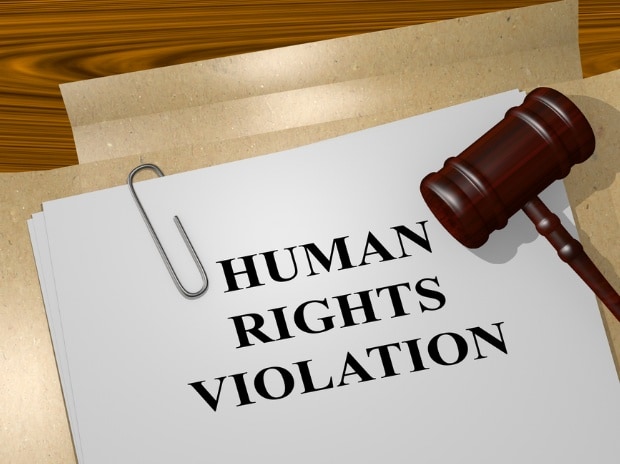The UN Human Rights Council, or UNHRC, will examine India's human rights record on Thursday. This is part of the UN body's Universal Periodic Review started in 2008. This will be India's third review, but significantly its first during the tenure of the Narendra Modi government.
Each of the 193 UN member states are reviewed for their human rights record once in four years by their peers, that is other member states. India's earlier two Universal Periodic Reviews, or UPRs, took place in April 2008 and May 2012. These had proved to be contentious, with the then Congress-led UPA governments criticised for refusing to accept recommendations.
But the third review is likely to be even more testy, since it comes in the wake of increased reports of attacks on religious minorities and Dalits.
India takes the UPR process seriously. Attorney General Mukul Rohatgi will head the Indian delegation to Geneva.
In its national report sent for the review, India has denied human rights violations in the country. The government has said its motto is of 'sabka saath, sabka vikas', all together and development for all, as its guiding force. As evidence, the government has pointed to programmes like 'start up India' to provide bank loans to tribals, Dalits and women, and Aadhaar as a measure to ensure targeted delivery of benefits.
Rohatgi is set to highlight India's "impartial" justice system that accords even terrorists the right to legal defence, including to 26/11 Mumbai terror attack perpetrator Ajmal Kasab and to 1993 Mumbai bomb blasts convict Yaqub Memon. Rohatgi will also need to defend India on allegations of abuse of power by its armed forces in Kashmir, among other issues.
According to the review's methodology, stakeholders submit their reports. The stakeholders in India's case are the Indian government, India's National Human Rights Commission, UN agencies and rapporteurs, civil society groups and non-governmental organisations (NGOs).
In addition, some of the reviewing countries — Belgium, the Netherlands, Norway and Czechia (or the Czech Republic) — have submitted advance questions. These countries have concerns on alleged curbs on religious freedom in India, particularly on religious conversions.
According to a UNHRC press statement issued Tuesday, the issues raised in these documents are: discrimination, stigmatization and violence against Dalits; limits on free speech and on the work of human rights defenders; attacks on religious minorities; reports of excessive use of force by security officers, particularly Armed Forces Special Powers Act, or AFSPA, in places like Jammu and Kashmir; delays in judicial proceedings; human trafficking; honour killings; criminalization of same sex relations, and many more.
Nearly 50 advocacy groups and NGOs have sent their reports about human rights violations in India to the UNHRC. These advocacy groups include Centre for Justice & Peace, Indian-American Muslim Council (IAMC), Advocates for Human Rights, Jamia Teachers Solidarity and several others.
"We urge the government to recognise that massive rights violations of the most vulnerable minorities are widespread in India and they must urgently be addressed," said Ajit Sahi, Director (Advocacy), with the IAMC.
In 2008 and 2012, the Congress-led UPA government was criticized for failing to accept recommendations. Member states had then called upon New Delhi to ratify multinational treaties against torture and enforced disappearances, repeal AFSPA, put a moratorium on death penalty and protect rights of women, children, Dalits and religious minorities.
